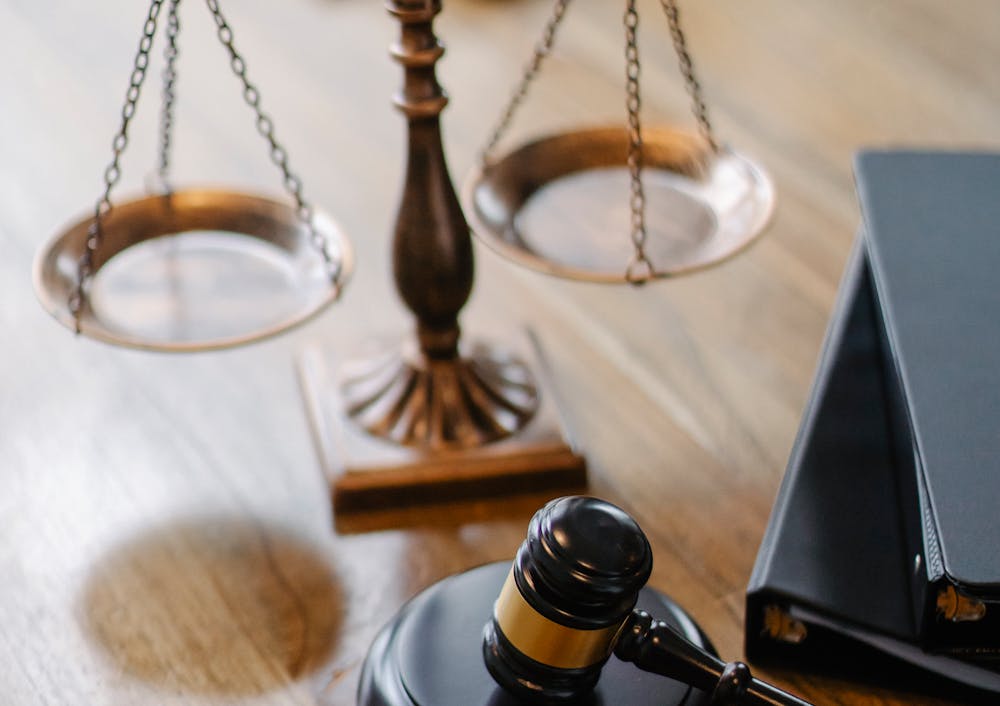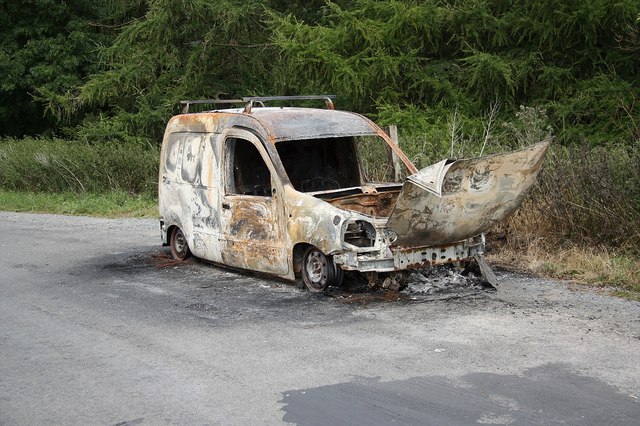A road trip is meant to be an adventure, filled with fun, laughter, and unforgettable memories. But what if your journey is interrupted by an accident? The last thing you want is to find yourself unprepared in a stressful and potentially dangerous situation.
You may be wondering what steps to take, who to call, and how to protect your rights. If you’re traveling through NYC or anywhere else, knowing what to do can make a world of difference. Let’s walk through the key steps you should follow to safeguard your rights after an accident on a road trip.
1. Stay Calm and Ensure Safety First
The immediate aftermath of an accident can be chaotic. However, staying calm is your first step to protecting your rights. Check if anyone is injured and call emergency services right away. Move to a safe location if possible to prevent further accidents.
Keeping a cool head will help you handle the situation more effectively. Remember, your safety and the safety of others should always be your top priority. Additionally, setting up hazard lights or flares can alert other drivers and help prevent additional collisions.
2. Document Everything
Your smartphone is a powerful tool. Use it to take photos of the accident scene, vehicle damages, and any visible injuries. Make sure to capture different angles and the surrounding area. Documenting everything helps preserve evidence that can be crucial if you need to file a claim or if there are any disputes about what happened.
Also, consider recording a video to capture the scene more comprehensively. Write down notes about the accident details while they are still fresh in your memory, including the time, date, weather conditions, and any conversations you had.
3. Exchange Information
Exchange names, addresses, phone numbers, driver’s license numbers, and insurance details with the other party involved. Also, gather contact information from eye witnesses. Having all this information will be vital when reporting the accident and filing claims.
Ensure you get the make, model, and license plate number of the other vehicle involved. It’s also a good idea to note the badge number of any police officers at the scene, as well as the report number, for easy reference later.
4. Contact a Personal Injury Attorney
One of the smartest moves you can make is contacting a personal injury attorney. If you’re in NYC, consider reaching out to a personal injury attorney in NYC at The Law Offices of Michael S. Lamonsoff, PLLC. An experienced attorney can guide you through the legal process, ensuring your rights are protected and helping you get the compensation you deserve.
They can also assist in negotiating with insurance companies, gathering necessary evidence, and representing you in court if needed. This can be especially crucial if you are facing significant medical bills or if liability is disputed.
5. Report the Accident
Report the accident to the police and your insurance company as soon as possible. Providing accurate and detailed information will help your case. Keep a copy of the police report, as it can be a critical piece of evidence.
When speaking with your insurance company, stick to the facts and avoid speculation. Inform them about the details of the accident and provide them with the documentation you’ve gathered. Prompt reporting can also help expedite the claims process.
6. Seek Medical Attention
Even if you feel fine, it’s essential to get a medical checkup. Some injuries might not be immediately apparent. Having medical documentation will not only ensure your health is taken care of but also provide necessary records for any legal actions.
Follow up with your doctor if symptoms arise later, as injuries like whiplash or concussions may take time to manifest. Keep detailed records of your medical visits, treatments, and any prescribed medications, as these will support your case in demonstrating the extent of your injuries.
7. Avoid Admitting Fault
Be cautious with your words. Avoid admitting fault or apologizing, as this can be used against you later. Stick to the facts when discussing the accident with the other party, police, and insurance representatives.
Simply provide a clear and accurate account of what happened without expressing opinions about who might be to blame. This approach helps protect you from potential liability issues and ensures that fault is determined based on evidence.
8. Preserve Evidence
Besides photos and information, keep any damaged personal property, medical records, and receipts related to the accident. This evidence can be critical in proving your case and getting fair compensation. Additionally, maintain a journal detailing your physical and emotional condition following the accident. This can help demonstrate the impact of the accident on your daily life and support claims for pain and suffering.
9. Understand Your Insurance Coverage
Familiarize yourself with your insurance policy. Knowing what is covered and the steps to file a claim will make the process smoother. If you have any doubts, your attorney can help clarify your rights and the best course of action. Review your policy to understand coverage limits, deductibles, and any exclusions. Understanding these details beforehand can help you make informed decisions and avoid surprises during the claims process.
Conclusion
Road trip accidents can be unsettling, but they don’t have to ruin your adventure. By taking the right steps and seeking professional guidance, you can navigate any mishap with confidence. Stay prepared, remain vigilant, and cherish every moment of your journey. Safe travels, and always remember: being informed is the best way to protect yourself.





